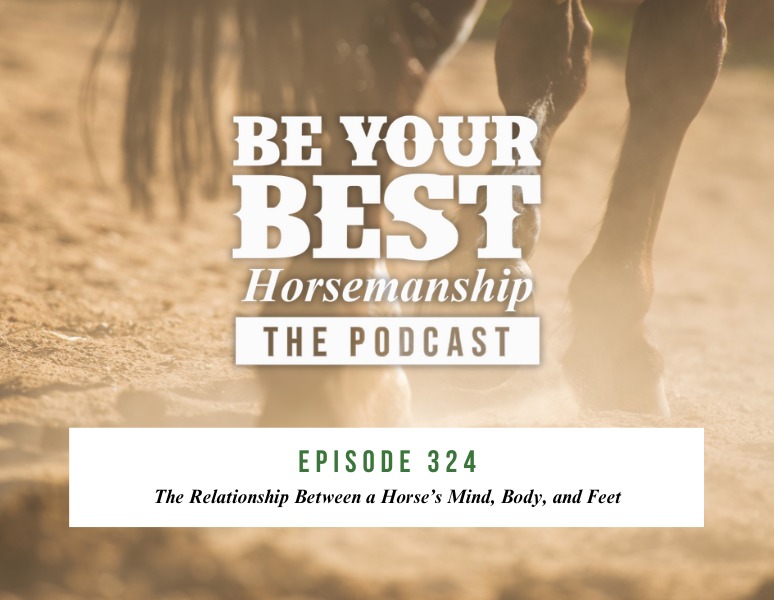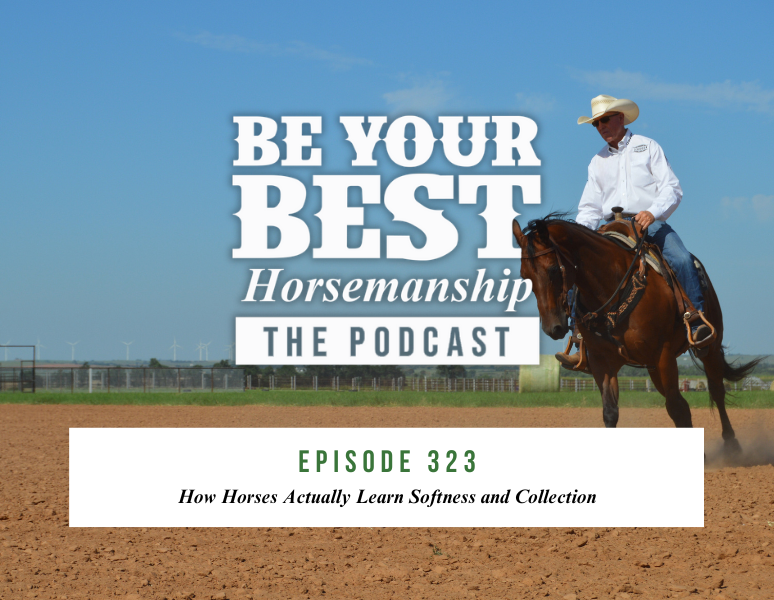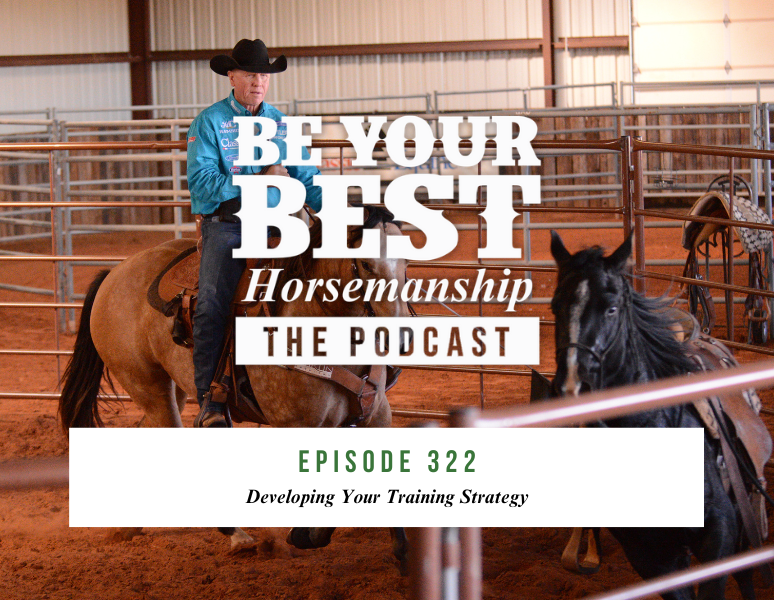Ep 228: Tips for Helping Horses with Separation Anxiety
In this week’s episode, I am sharing some experiences from the past few weeks of clinics, including tips for dealing with horses who are experiencing separation anxiety and how to prepare them for situations where they will be alone at home and on the road.
Episode Transcript Summary:
I’m recording this episode on a beautiful Monday afternoon. I actually just pulled into the driveway, getting back from my clinic in Echo, Oregon. Neat little spot, really neat country. I’d really been looking forward to getting out there, and we just had a great group. I thought it was an awesome clinic.
Normally, I have these segments recorded a little earlier, but I'm a little behind on my recordings. Last week, Tia and Fay Jandreau from South Dakota were here. They spent a couple of days riding with me for a private clinic and brought four head of horses that they've raised. They have their own stallion, their own breeding program. Really nice set of horses. They're real close to getting those horses trained and on the finished side. They've all had a lot of riding, a lot of foundation work, and a few things might have smoothed out a rough edge or two. This holds true for everybody, really. Everyone I deal with is real horse savvy, and people are so advanced with their knowledge and what they've been exposed to.
Just like in a situation like that, you're a lot of times just one little nugget or two away from getting to where you want to go next. Until you get to that next step, you can't get to the step after that. That's one thing that we talked about this weekend at the clinic in Oregon, and it's something we always have to remember. Wherever we're at now, we've got to focus on getting to the next step.
Coming home today, I really thought a lot about this. With the set of horses I have right now, I only have one customer horse and my personal horses. I've been really excited about this opportunity of making them better, getting them to the next level. That's 100% the mode that I'm in right now with my A-Team horses. But with each of those, each one is different, each one is at a different spot. With each of those, I have to be aware and understand what I need to get better at so that they can get to the next level. For each of them, it'll be a little different.
Goals are great, but goals are worthless without a plan. It's the implementation of the plan that counts. That's something I learned from my time with Tia and Fay. We worked four different horses of theirs over two days and got a good bit of riding in. We talked about progressing the training in the horses through the changes in ourselves because the changes in your horses come from us 100%. I've done both – changed and made it worse, and changed and made it better. You just keep working at it.
One thing we discussed was separation anxiety in horses. When you go somewhere with your horses and have a couple of horses that you bring from home, typically coming into the spring, they've spent the last few months idling together. For me, it’s easier in the winter to put them in a trap, on a round bale, with a central water, and grain them once a day or twice a day. But when you load them to take them somewhere, you get a classic case of separation anxiety. There's nothing you can do about that, and it's frustrating and annoying. But it's something we've done to ourselves.
One suggestion I would make to anybody out there getting ready to go to events with their horses is to start getting some separation at home with those horses before you go. It'll make your time at events go much smoother. We do that here, separating them at feeding time and tying them up to eat their grain. It helps them associate being tied up with something positive and reinforces good habits. It also helps with separation anxiety because they learn to focus on what you're asking rather than worrying about their buddy.
I've seen tremendous changes in horses just by changing our own behavior and being consistent in our training. Little things like separating them and tying them up while they eat their grain can make a big difference. It helps them associate being tied up with something positive and reinforces good habits. It's all about creating the right environment and being disciplined in our approach.
At the clinic in Echo, there were several participants who hadn't had much time on their horses due to weather. It's frustrating, annoying, and creates anxiety in the riders when their horses are acting up. But we all have to deal with these challenges and find ways to overcome them. The horses will tell you if they're understanding what you're asking of them, and it's up to us to make adjustments and keep moving forward.
I'm super proud of everyone who attended the clinic in Echo. They didn't quit, they kept trying, and they made progress. Everyone got a nugget or two that will take them to the next step. It's easy to look past the next step to a step or two beyond that, but we've got to focus on getting to the next step. That's where the real progress happens.




